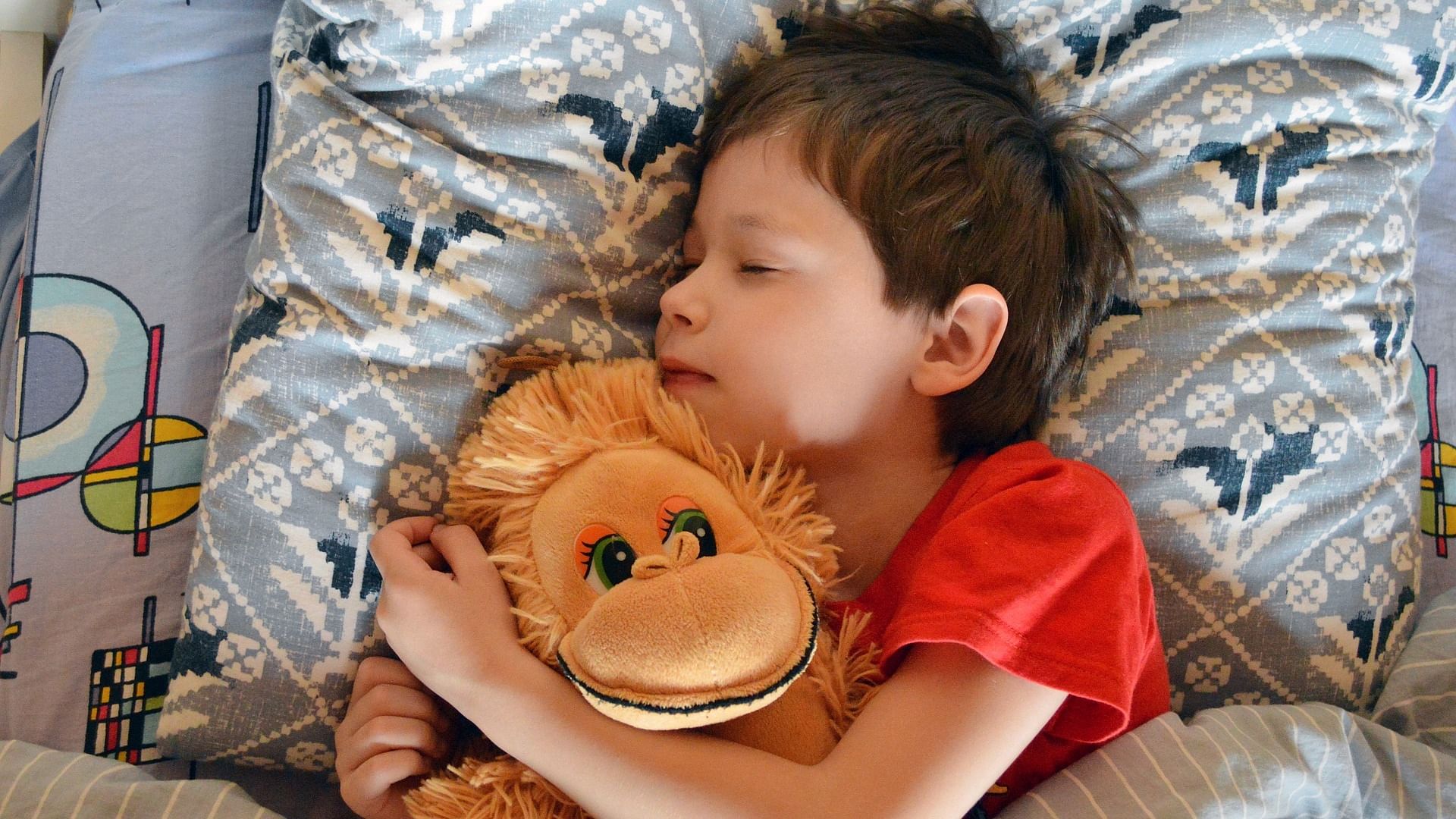
Elementary school-age children who get less than nine hours of sleep per night have significant differences in certain brain regions responsible for memory, intelligence and well-being compared to those who get the recommended nine to 12 hours of sleep per night, according to a new study.
Such differences are correlated with greater mental health problems, like depression, anxiety, and impulsive behaviours, in those who lacked sleep. Inadequate sleep was also linked to cognitive difficulties with memory, problem solving and decision making.
The findings were published in the journal The Lancet Child & Adolescent Health.
Researchers at the University of Maryland School of Medicine (UMSOM) examined more than 8,300 children aged nine to 10 years. They examined MRI images, medical records, and surveys completed by the participants and their parents at the time of enrollment and at a two-year follow-up visit at 11 to 12 years of age.
"We found that children who had insufficient sleep, less than nine hours per night, at the beginning of the study had less gray matter or smaller volume in certain areas of the brain responsible for attention, memory and inhibition control compared to those with healthy sleep habits," said Ze Wang, Professor of Diagnostic Radiology and Nuclear Medicine at UMSOM.
"These differences persisted after two years, a concerning finding that suggests long term harm for those who do not get enough sleep," Wang said.
The American Academy of Sleep Medicine recommends that children aged six to 12 years of age sleep 9 to 12 hours per night on a regular basis to promote optimal health. Up until now, no studies have examined the long-lasting impact of insufficient sleep on the neurocognitive development of pre-teens.
The researchers suggested parents promote good sleep habits in their children by making sufficient sleep a family priority, sticking with a regular sleep routine, encouraging physical activity during the day, limiting screen time and eliminating screens completely an hour before bed.